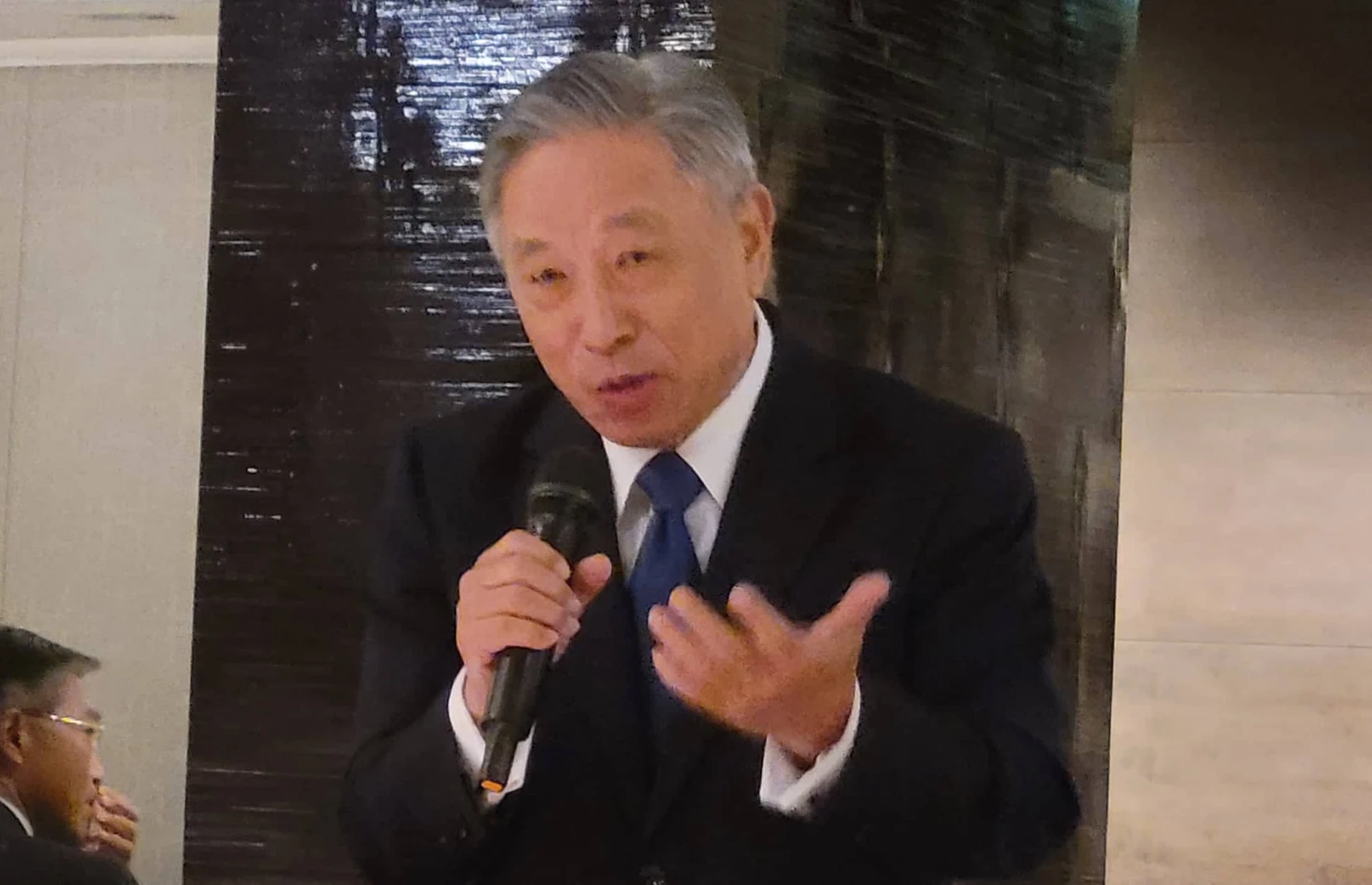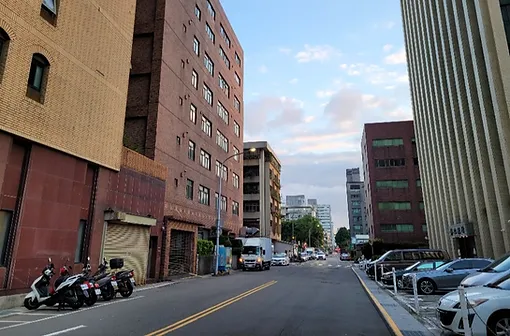While dead set on keeping engaged with its allies in the Pacific island region, and possibly reconnecting with countries that have switched alliance to China, Taiwan is not inclined to play the communist regime’s “chequebook” game, a Taiwanese official said.
“Taiwan wins diplomacy with any country not by trying to buy them. We want to win them over by benefiting both the government and the people,” said Chung-Kuwang Tien, deputy minister of Taiwan’s Ministry of Foreign Affairs.
The Pacific island region has been caught in a diplomatic tug-of-war between China and Taiwan, adding a layer of geopolitical complexity to the Blue Pacific, an ideological battlefield between Beijing and Washington.
China sees the vulnerable small island developing states as easy targets for expansion and control, splashing bribes and using its Belt and Road Initiative as a hook.
In 2019, Taiwan lost the Solomon Islands and Kiribati to China. Beijing managed to lure Kiribati with airplanes and ferries, while baiting the Solomon Islands with US$8.5 million in development funds.
“If you look into the track record of the Solomon Islands and China, you will see that the process is different than ours,” Tien said, addressing the global media delegation during a luncheon meeting in Taipei on 17 November. “Some politicians are very nearsighted. They want personal gains instead of thinking of the general public.”
Tien said the scope of Taiwan’s humanitarian assistance to the Pacific island states caters to the general welfare of the citizens as opposed to greasing local politicians.
“We are not going to compete with China by checkbook diplomacy. No way. We are not going to do that,” Tien said. “We have never done that and we are not going to do that. We will keep on doing what will benefit the majority of the people,” he added.
Taiwan, for example, has sent agriculture teams to Kiribati to help them grow vegetables as part of Australia’s Pacific Step-Up initiative.
“It’s difficult to grow vegetables on that island because their land is all coral. There’s no soil to grow things. We want to help them grow vegetables and change their diet habit. That is important for the health of all,” Tien said.
“Taiwan wants to be part of the Australian project even though we have no diplomatic relations in the area,” he added.

The self-ruled island, which China claims as a renegade province, currently has formal diplomatic relations with only 14 states, including the Vatican. Palau, the Marshall Islands, Nauru and Tuvalu are the last four countries in the Pacific island region that maintain steadfast loyalty to Taiwan despite increasing pressure from China.
“There is a balancing of power in that area,” Tien said.
Amid China’s growing clout in the region, the otherwise idyllic continent is becoming a playground for the world’s superpower war games.
China’s growing presence has triggered regional tension, exacerbated by its furtively negotiated security agreement with the Solomon Islands, which is feared to have opened the pathway for the establishment of the People’s Liberation Army’s base in the region.
“I know the Australian government and the United States are paying attention to this agreement,” Joseph Wu, Taiwan’s foreign affairs minister, said in a separate press conference with the media delegation.
In June, Beijing suffered a setback when 10 Pacific island states rejected its proposals for a comprehensive partnership centered on security.
“It was the courageous president of the Federated States of Micronesia who issued an open statement calling for caution in this region. Otherwise, I think the Chinese government would have had a security agreement with other Pacific countries,” Wu said.
“It will be devastating for democracies. It will be terrible for us to see the authoritarian country spreading influence all over the Pacific,” Wu said.
According to Lowy Institute research, China provided close to U.S US$1.5 billion in foreign aid to the Pacific island region through a mixture of grants and concessional loans between 2006 and 2017. China was the third-largest donor to the Pacific, contributing eight percent of all foreign aid to the region between 2011 and 2017.
“We would like to work with Australia, the United States, Japan and New Zealand to provide more resources for the region to make sure that the Pacific is free from the authoritarian government’s influence,” Wu added.
Tien said Taiwan will not balk at assisting non-allied nations in the island region.
When the first wave of Covid-19 community transmission hit the Federated States of Micronesia in July this year, President David Panuelo asked Guam to broker on behalf of his government to seek assistance from Taiwan.
“The FSM has no diplomatic relations with us. They have relations with China,” Tien said. “But when they turned to Guam to ask for our help, we helped. We sent the necessary equipment and we are not asking for anything in return. We just want to help them in the way we help Kiribati and the Solomon Islands even though they broke relations with us.”
In September, the Taiwanese government sealed a US$3 million agreement with the Pacific Islands Forum Secretariat. The donation, to be used over three years, was earmarked for the Forum’s climate change-related projects and scholarship programmes.
SOURCE: PACIFIC ISLANDS TIMES/PACNEWS














